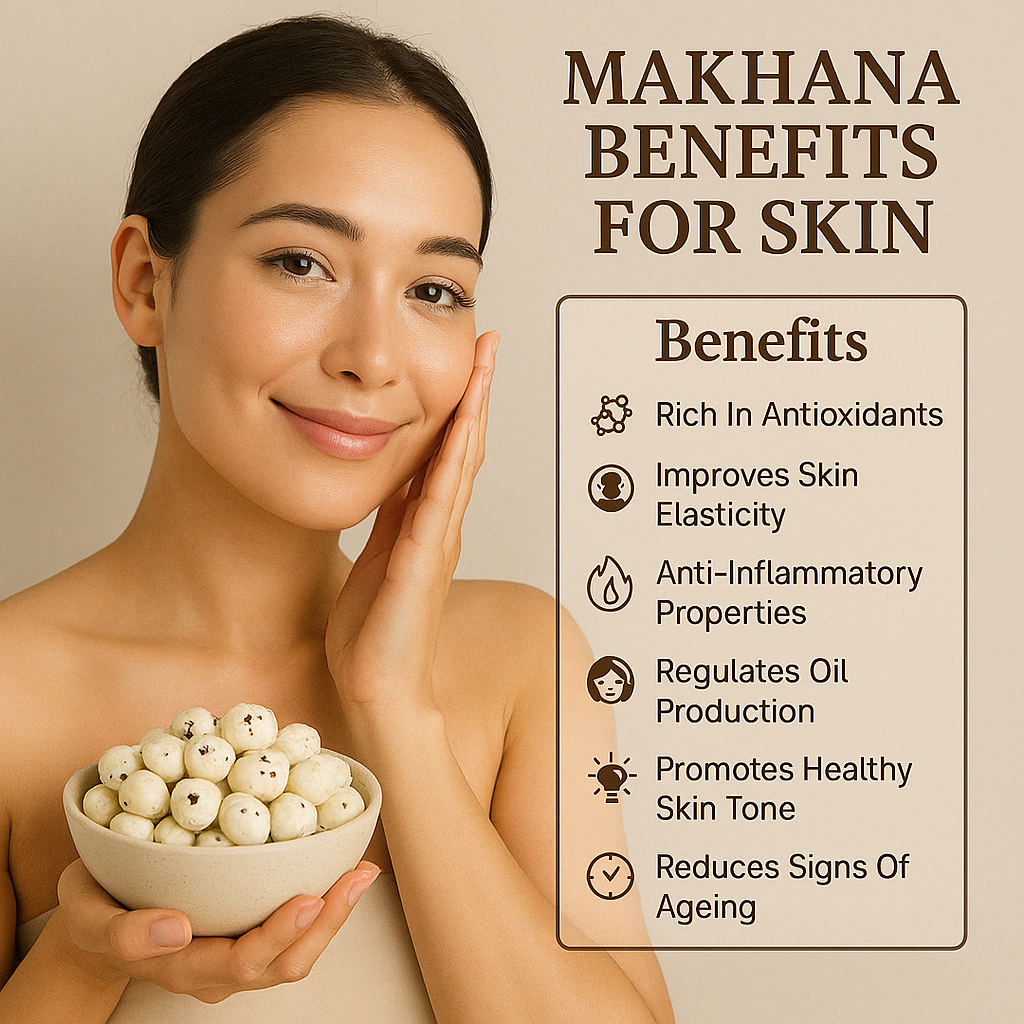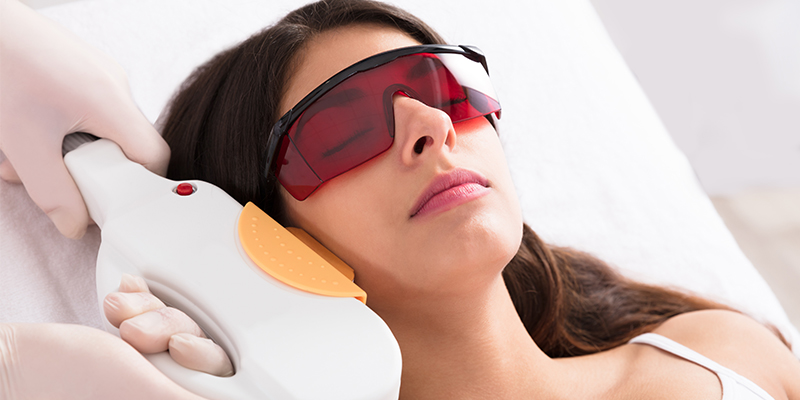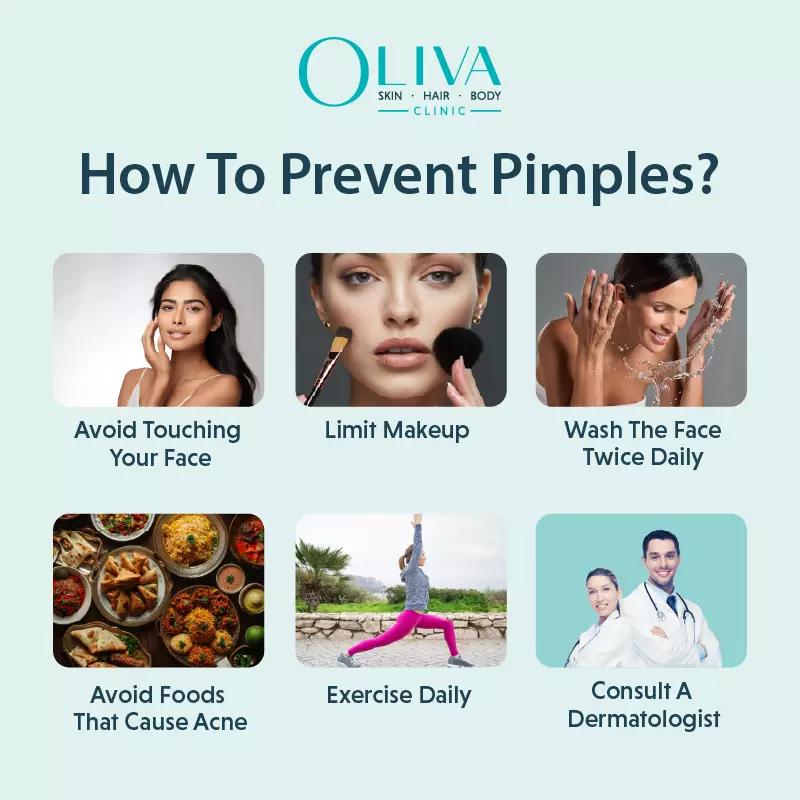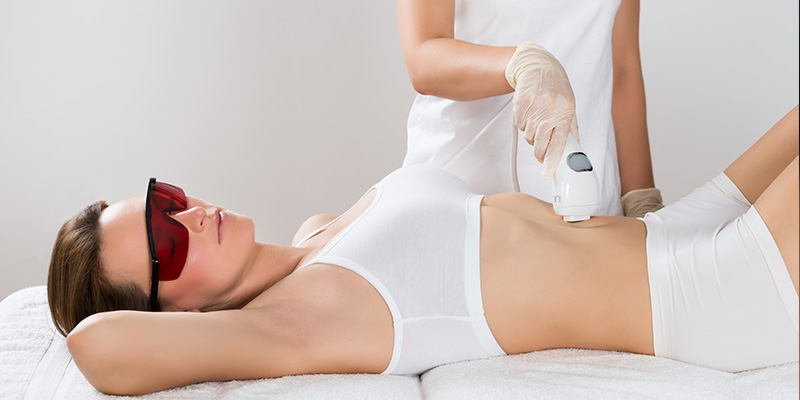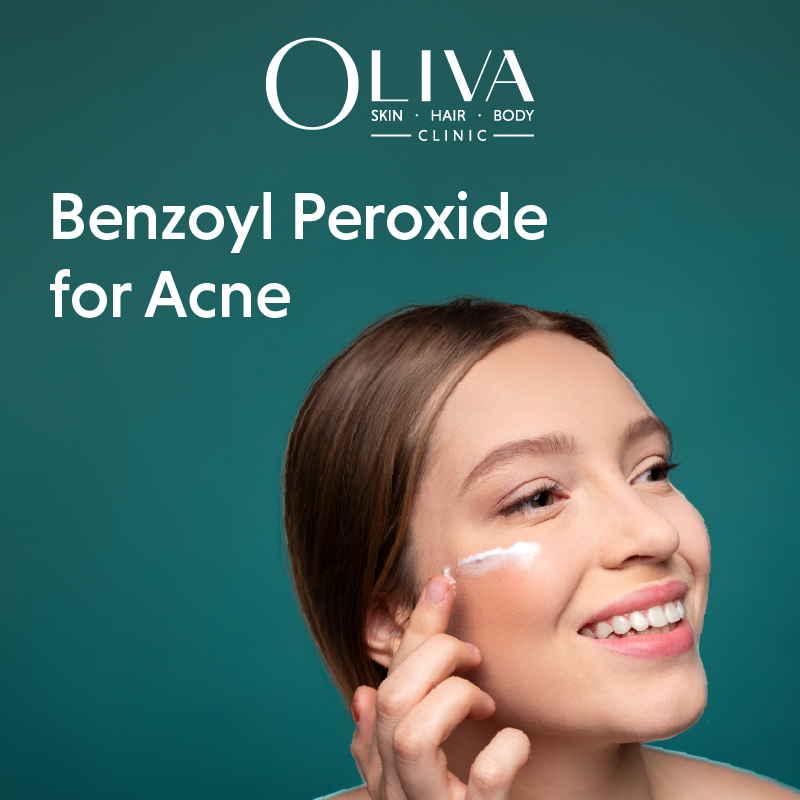Why Is It Important To Apply Sunscreen Regularly?
Do you use sunscreen only during the hot summer months? If that is indeed the case, then it is time to rethink your skincare regimen. Sunscreen is not a product for seasonal use to beat the summer heat. The powerful ultraviolet rays can harm anyone’s skin, regardless of their gender, age or skin type during any season. Hence, dermatologists recommend regular use of sunscreen. Find out the benefits of sunscreen and how it can work wonders for your skin right here!
What Is A Sun Screen And How Does It Work?
Sunscreen or sun cream or suntan lotion can potentially absorb and reflect ultraviolet radiation. It is available in gel, foam, lotion or spray form. The skin can suffer from sun damage or sunburn due to two types of radiations – UVA and UVB. Using sunscreen regularly can help prevent premature signs of ageing such as wrinkles, moles and sagging skin which occur due to prolonged sun damage.
Organic chemical complexes in sunscreen help to absorb UV light. On the other hand, ingredients like titanium dioxide, zinc oxide, or a blend of both can reflect, scatter, and to an extent, absorb ultraviolet radiation. Newer molecules like Tinosorb M present in sunscreen lotion can reflect and scatter a fraction of light like inorganic particulates and absorb the radiations like organic ones.
Must Watch:
What Does Sunscreen SPF Mean?
SPF or Sun Protection Factor is the number that you see printed on your sunscreen lotion. The higher the SPF number, the more protection you get from the UVB rays. SPF ranges from two and goes beyond 50. Know more about the different variants of sunscreen and make an informed choice while buying one:
- SPF 15: Blocks 93% of UVB radiation
- SPF 30: Blocks 97% of UVB radiation
- SPF 50: Blocks 98% of UVB radiation
It would be best if you use a sunscreen with a minimum of SPF 30.
What Are The Benefits Of Applying Sun Screen?
Here are the top 6 benefits of applying sunscreen:
- It protects the skin against suntan or sunburn.
- It helps maintain an even skin tone by limiting the sun damage.
- It reduces the risk of skin disorders due to prolonged exposure to UVA and UVB rays.
- It prevents the visible signs of premature ageing like wrinkles and fine lines. It enhances your skin’s youthful radiance.
- It minimises the threat of skin cancer, especially amongst those who have a lighter skin tone.
- It boosts your skin health by protecting essential proteins present in it, including keratin and DNA.
Must Read: How To Remove Tan From Face And Skin?
How to Choose Right Sunscreen?
Here are some factors you need to keep in mind while selecting your sunscreen:
- The Duration Of Sun Exposure: Based on the time you spend and the activity you perform outdoors, you can opt for a sunscreen that offers broad-spectrum protection from both UVA and UVB rays of the sun.
- Your Skin Type: If you have allergies or your skin is prone to acne, you may consider products that are water-based and non-comedogenic, fragrance and preservative-free. On the other hand, if you have dry skin, you may opt for a sunscreen with moisturising properties as well.
How To Apply Sunscreen?
Here are some tips you can follow while using sunscreen.
- Apply sunscreen approximately 20 minutes before you step outdoors.
- Reapply sunscreen every 2-3 hours even if the label reads as ‘All Day’ especially, if you tend to sweat a lot or are going for a swim.
- Apply sunscreen on all sun-exposed areas of the body, including ears, lips, neck, face, feet, legs, hands and back.
- Women can use sunscreen before applying make-up.
Besides using sunscreen, you can minimise sun damage by wearing clothes with long sleeves and using umbrellas, hats, scarves and gloves.
What Is The Average Price Of Sunscreen?
The cost of sunscreen ranges between Rs 250 to Rs 3000 and depends upon the brand, formulation and SPF. The average pricing applies to sunscreens of SPF 15 to 50.
Must Read: What Is The Cost Of Skin Lightening Treatment?
Sunscreen Myths And Facts
Read this section to bust a few myths related to sunscreen.
- Myth: Sunscreen is a product for fair-skinned people only.
Fact: People with a darker skin tone should also stay sun-safe by using sunscreen as it is tough to identify the signs of sun damage. India has consistently reported two specific types of skin cancers to be the most prevalent as a result of exposure to these harmful ultraviolet rays, i.e. squamous cell carcinoma and basal cell carcinoma. - Myth: There is no need to use sunscreen on cloudy days or if you stay indoors.
Fact: You should apply sunscreen every day irrespective of the weather outside as the clouds cannot impede the UV radiations. You should apply sunscreen even when at home because window-panes cannot obstruct UVA radiation. - Myth: You will not get a sunburn and can skip the use of sunscreen if you are in the water.
Fact: Sunscreen washes off within an hour depending upon its water-resistance properties. Instead, more frequent application of sunscreen is advisable if you are swimming or sweating a lot. - Myth: If you are using a sunscreen with a high SPF, it will last throughout the day.
Fact: A higher SPF indicates more sun protection rather than a prolonged one. It would be best if you reapplied sunscreen with higher SPF too. - Myth: Using sunscreen will prevent skin cancer.
Fact: Besides sun exposure, other factors cause skin cancer. Regular use of sunscreen keeps a check on one of the causes.
Must Read: How To Become Fair?
What Happens If You Use Too Much Of Sun Screen?
Here are some side-effects of using sunscreen:
- Sunscreen lotions may trigger allergic reactions such as skin irritation, redness, swelling, and itching if you have dry and atopic skin. It is imperative to choose the right formulation of sunscreen according to your skin type.
- Some sunscreens are greasy and comedogenic and may aggravate acne. Those with acne-prone skin should use non-comedogenic sunscreens.
- Direct contact with eyes while applying sunscreen may cause a burning sensation and a temporary sensitivity to light.
Now you know all about sunscreen go ahead and ask an experienced dermatologist at Oliva Skin & Hair Clinic to recommend one that is suitable for your skin type to prevent sun damage today!
Our certified subject matter experts do extensive research and collate facts from reputed scientific journals and international studies to create informative and engaging articles related to all your dermatology concerns. They strive to help you decipher medical jargon, distinguish fact from fiction and overcome paranoia. Our qualified medical board or expert panel goes a step further to verify these facts based on their rich academic knowledge, vast clinical experience and critical industry insights to ensure you consume only medically accurate content that empowers you to make informed decisions about your hair and skin-care treatments and weight management. Check out our Editorial policy for further details
https://www.ncbi.nlm.nih.gov/pmc/articles/PMC3051301/https://www.aad.org/sun-protection/sunscreen-faqs



